October is Indigenous Business Month. The month-long initiative promotes Indigenous businesses as a vehicle towards self-determination, a way of providing positive role models for Indigenous Australians and improving the quality of life in Indigenous communities.
Since its establishment in 2015, Indigenous Business Month has become an annual celebration that occurs every October. 2024 is its 10-year anniversary and this year’s theme is ‘Making our Mark, Celebrating 10 Years of Indigenous Business Month.'
We were lucky enough to interview Dr. Michelle Evans one of the co-founders of the event to discuss its focus, impact and how we can all get involved in this empowering initiative.
What was the focus and drive behind the creation of Indigenous Business Month?
The focus for Indigenous Business Month is threefold – it provides a platform for the Indigenous business sector to gather, promote and celebrate Indigenous businesses across Australia; secondly, for the founders of Indigenous business month, our aim is to showcase Indigenous business through a focused communications strategy that targets mainstream and Indigenous media/social media outlets; and finally to highlight leading Indigenous businesses through our awards which are created by the founders and judged by Indigenous business leaders.
It has grown year on year, and it appears more and more people are getting behind it. How much has it grown and what would you say has been the main reason why?
Between 2017 and 2020 the number of registered Indigenous Business Month events nearly doubled and in 2020 media exposure on Indigenous Business month increased 31% compared 2019.
As of September 2021, we know that the Indigenous Business sector is currently worth more than $4.8 billion a year in quantitative form, but in celebrating 10 years this year, we really want to draw attention to the power of Indigenous businesses, in the multitude of forms they take and the impact of them. Take Embley Contracting for example, who are the largest local Aboriginal Tier One contractor in Western Cape York providing numerous services including mine security, labour hire, and are the largest bus transport provider in the region. Their services take many forms meeting the economic and social needs of the region.
There is no questioning the increased employment opportunities for Indigenous Australians within Indigenous businesses which are more likely to employ Indigenous Australians. We think the real power emanates from the culturally informed approach of Indigenous businesses making them more likely to share their proceeds far and wide amongst Indigenous communities, as well as connect other Indigenous businesses to opportunities within the supply chain.
Perhaps what's more important is the individual and community wellbeing that comes from Indigenous businesses being engaged, leading the way, the innovations of their staff – all stemming from an innate motivation of Indigenous businesses to achieve the right balance between economic profit and social and environmental care, and responsibility. There's an excellent example of this in the majority-Indigenous owned business Knowledge Water, which is focused on improving education and creating jobs for their community but at the same time sustainably sourcing rainforest spring water and selling it in reusable and recyclable packaging made from plant-based plastic and other forms of FSC certified renewable sources.
Indigenous Business Month has grown and taken a life of its own which is what we always hoped would happen. We aimed to start the ball rolling and have a movement take off. The philosophy of IBM is simply to provide the platform for Indigenous business people and communities to register and run their own events. The platform we have created is about providing visibility of the incredibly diverse range of Indigenous businesses across the country. Even during the first year of the global pandemic, the registration of online events and convening of online spaces to gather and celebrate/critique and yarn about Indigenous business was such a great thing to see and support.
Where do you want IBM to be in 5 years?
This our tenth year – so another 5 years of this movement gaining momentum we hope to see many more Indigenous-led events, awards, celebrations, and I hope thought and policy leadership coming from the sector. Creating the platform for Indigenous voices is a source of innovation we want to both showcase and celebrate.
Why is it important for consumers to get behind Indigenous Business Month?
Buying local and buying Australian has become more important for us during the global pandemic.
Australians want to see their purchasing deliver more than the standard economic exchange; more and more Australians are looking to the social impact of their purchasing and that is what you get when you buy from or work with an Indigenous business, an impact that transcends monetary value.
Indigenous businesses are marketing themselves effectively on social media and their online following and engagement cuts through the present-day barriers to standard business. Social media helps Indigenous businesses tell the story behind their work and meet that need of consumers in understanding the history and ethics of their chosen suppliers.
Our own page @Indigenousbusinessmonth and #IndigBizMonth has experienced growth and people want to be channelled to the offerings of Indigenous businesses and we aim to do just that.
What role do you see Indigenous Business playing in improving social and economic outcomes for First Nations individuals and communities?
Business is a great vehicle for self-determination. Business owners get to choose what products and/or services that they trade in, they get to choose who they trade with, at what price and where. These choices are not always easy nor is business an easy road, it requires a discipline of discerning what matters to you, your business and your brand. Indigenous businesses are impactful because of their Indigenous-focused missions – think about who Indigenous business owners are more likely to hire as employees, or who they are more likely to develop supply chain relationships with, or who they are more likely to give back to? This impact has a great outcome for Indigenous communities, and despite the little research evidence we have on this, anecdotally we hear it all the time.
As a person reading this, what can I do to show my support for Indigenous businesses?
Buy Indigenous, hire Indigenous Australians, procure from Indigenous businesses, nominate Indigenous businesses for awards, recruit Indigenous business leaders for board positions, fund Indigenous business education scholarships – there are so many ways to support. Further information via our website where individuals can access useful resources such as Zoom backgrounds and signature blocks that help to spread the word on Indigenous Business Month – Making Our Mark.
As an Aboriginal led not for profit we are looking forward to a month of celebrating First Nations creativity, ingenuity and success in business as well as showcasing the incredible businesses and individuals who are part of the Welcome to Country family.
Dr Michelle Evans, is an Associate Professor in Leadership at the Faculty of Business and Economics at the University of Melbourne specialising in the areas of Indigenous leadership and entrepreneurship. She is also co-founder and Program Director of MURRA Indigenous Business Masterclass Program.

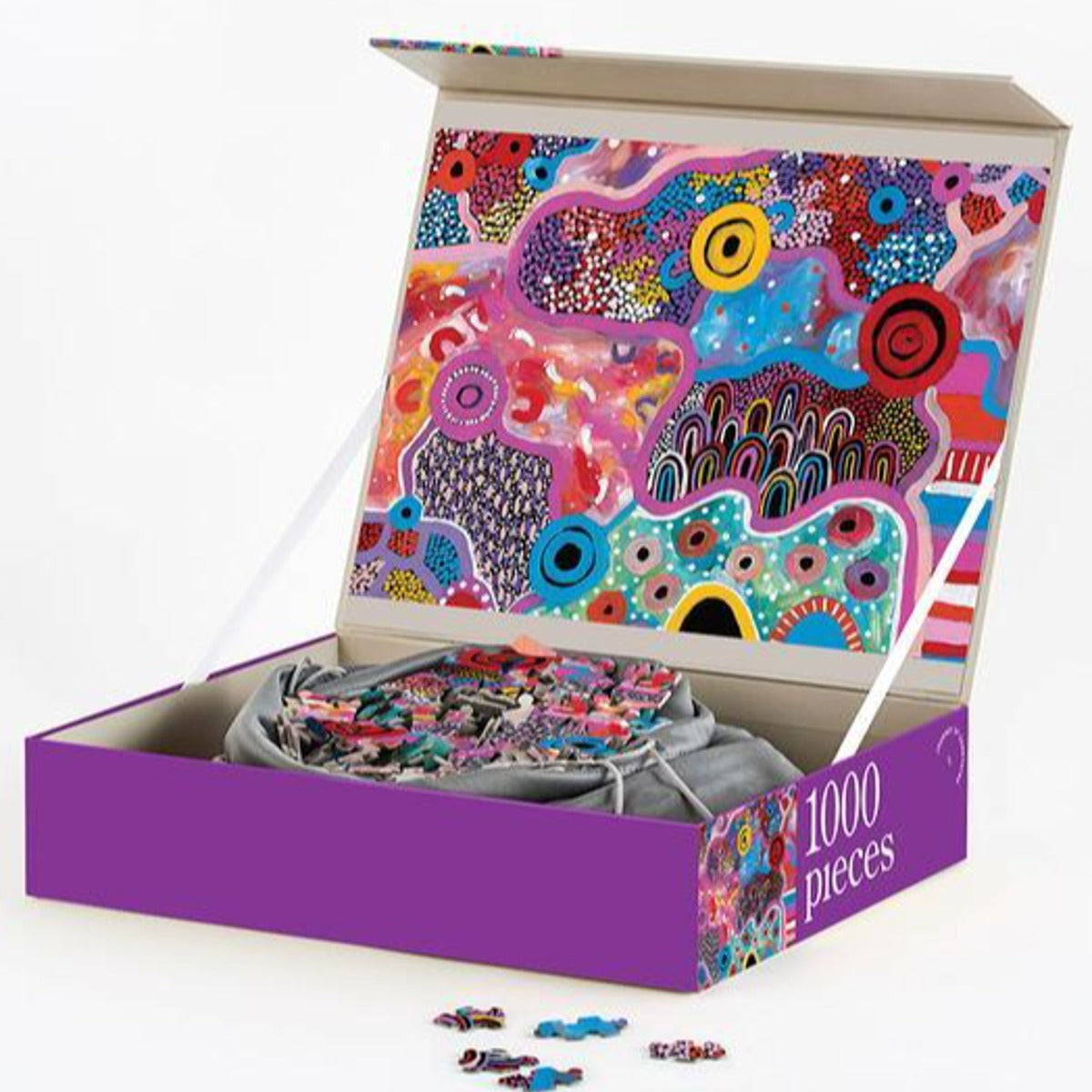



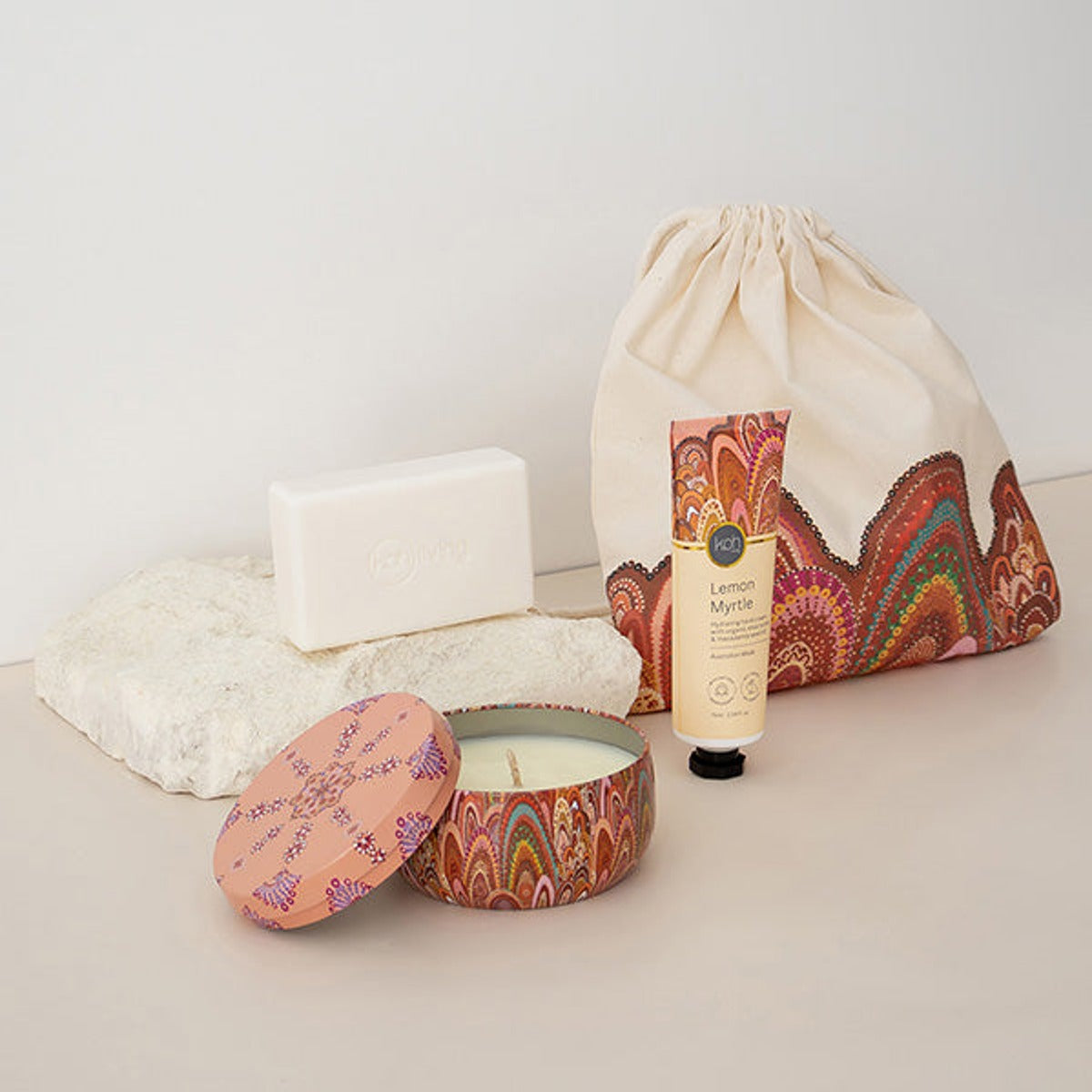

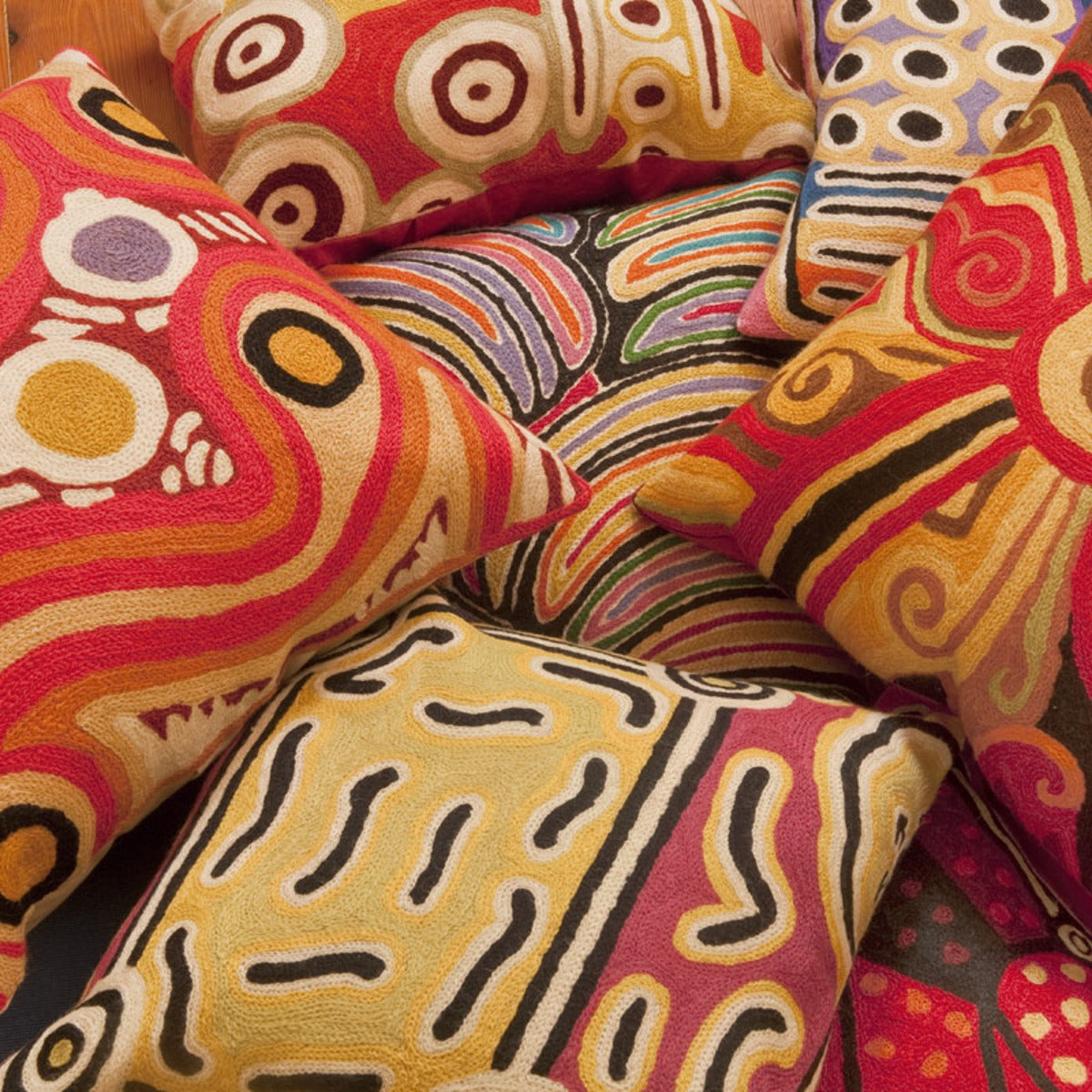


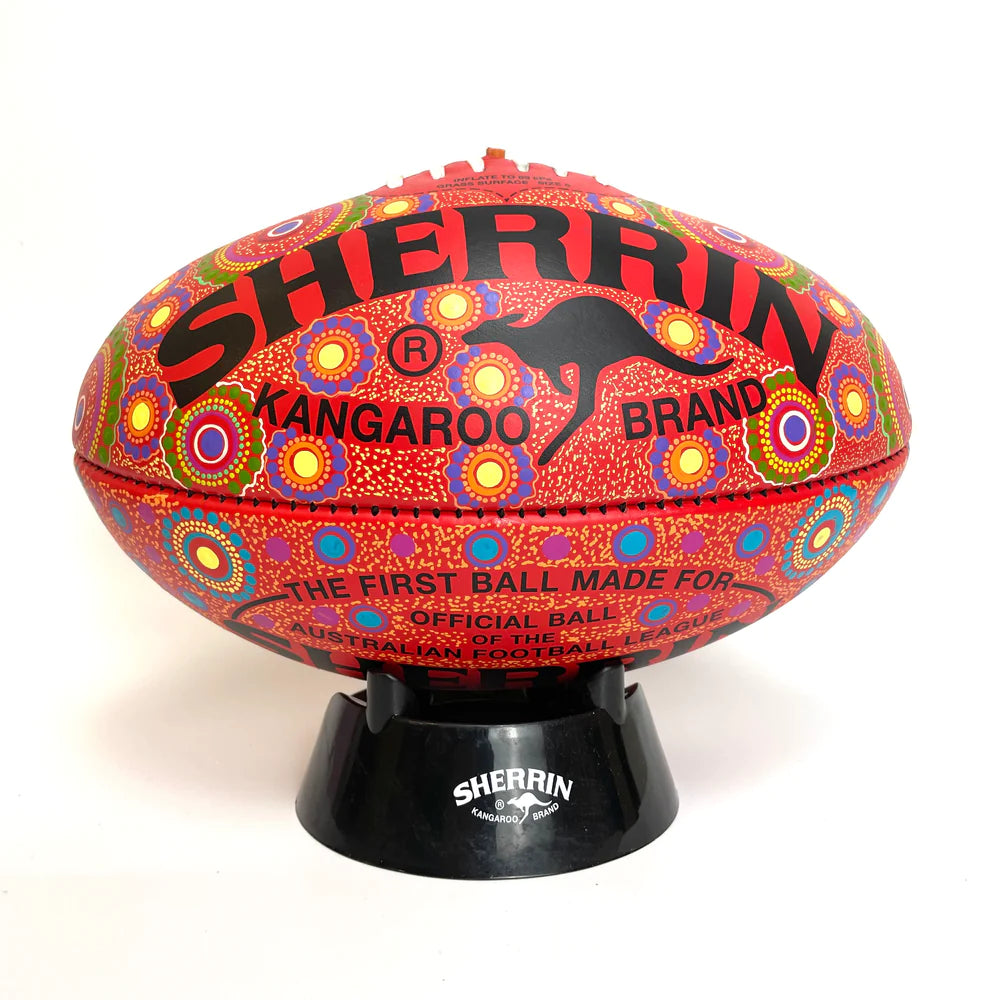


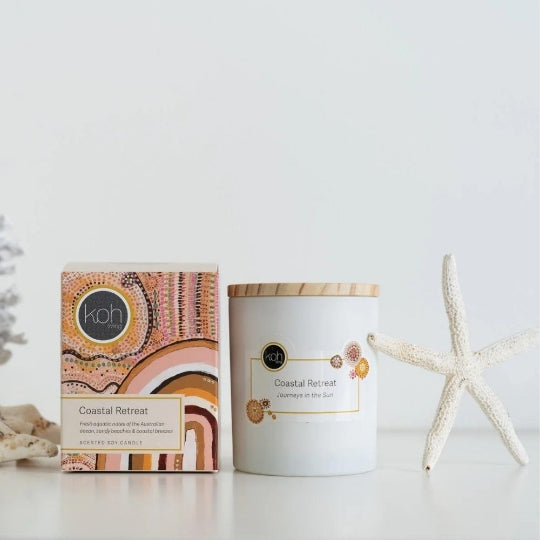


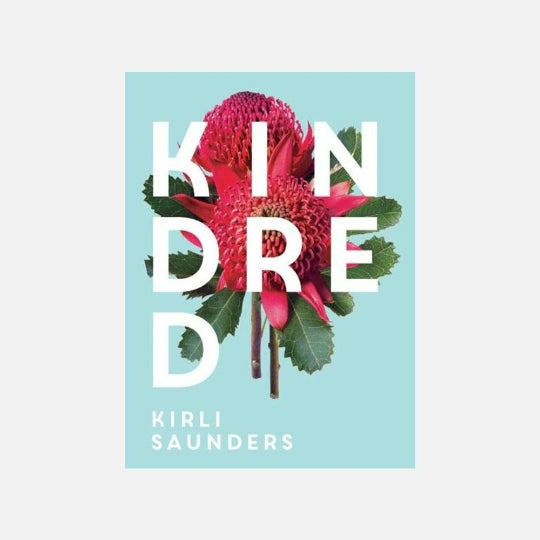
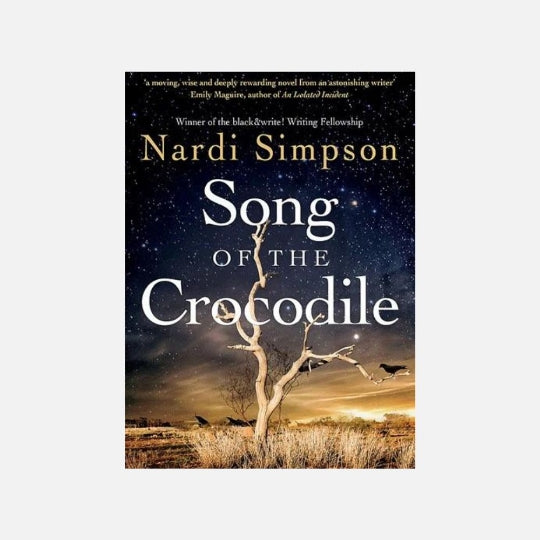

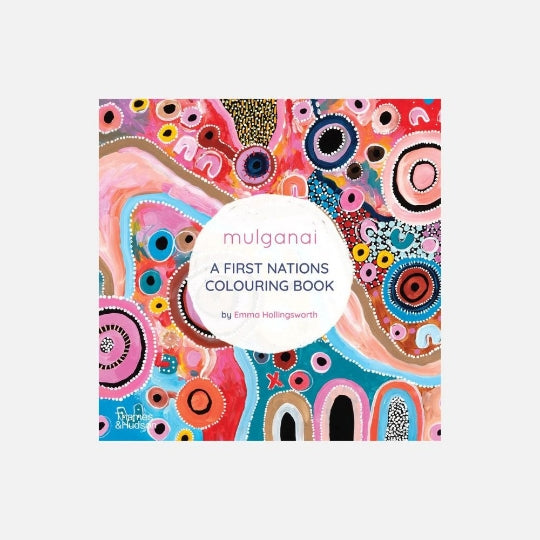
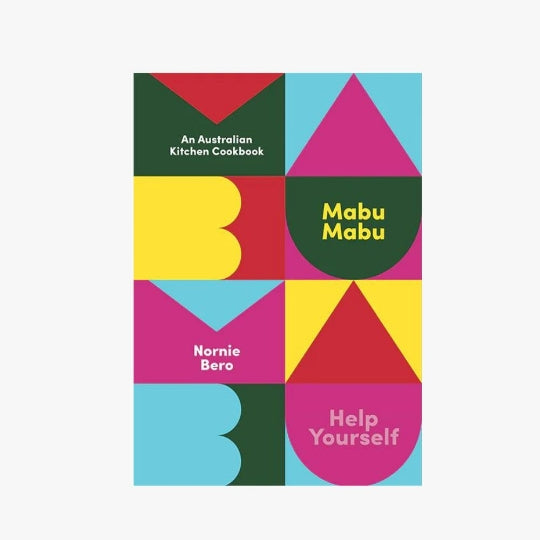
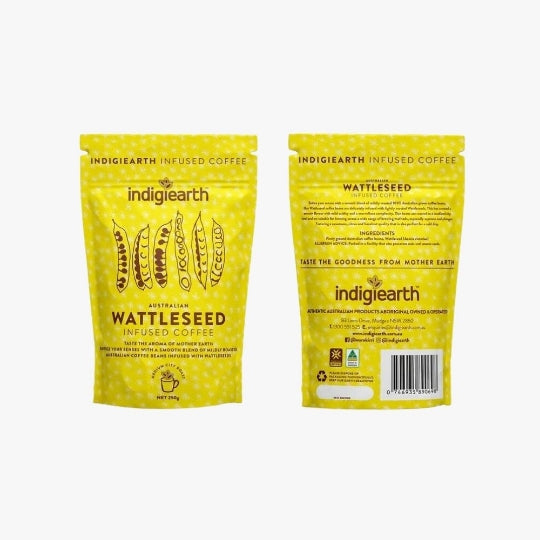
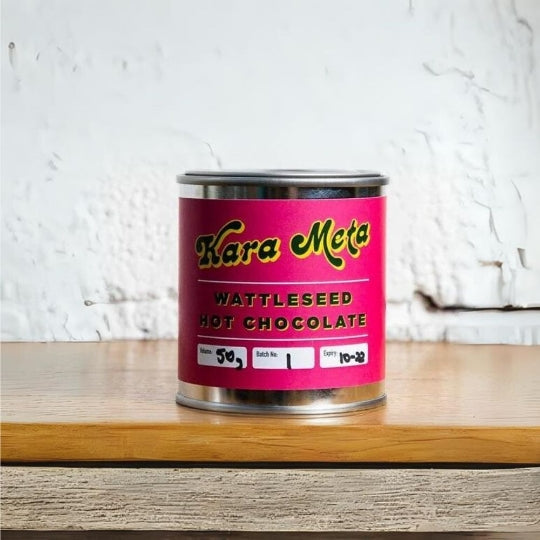
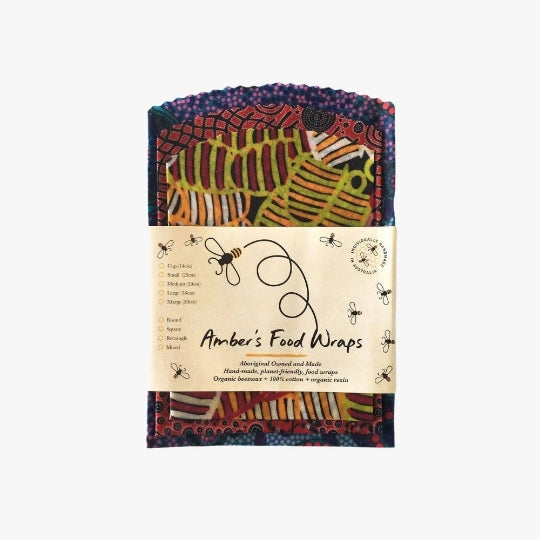
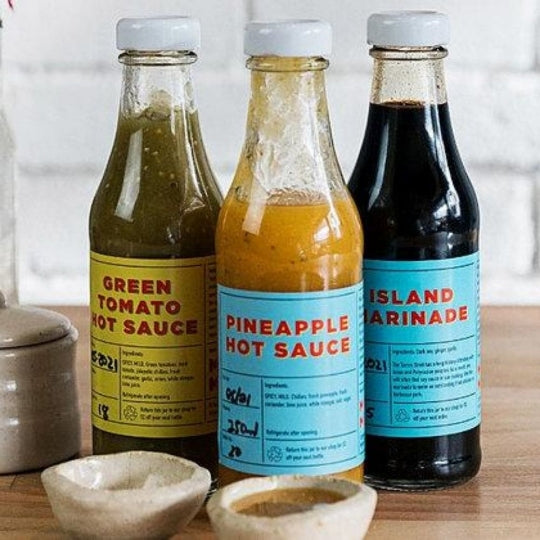


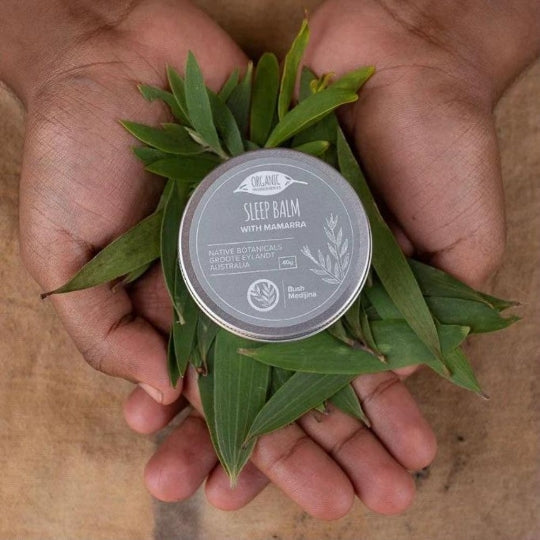
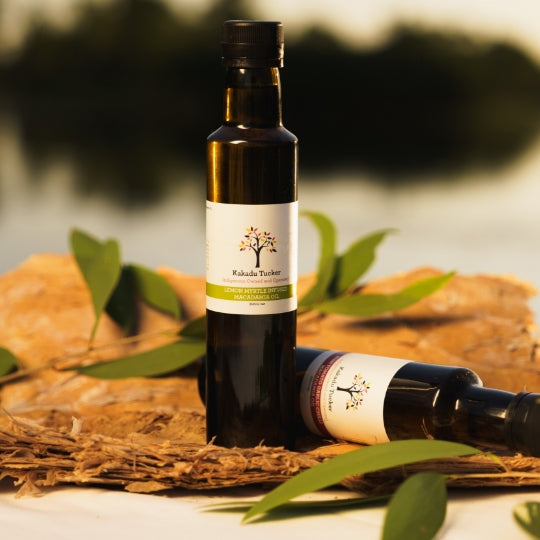


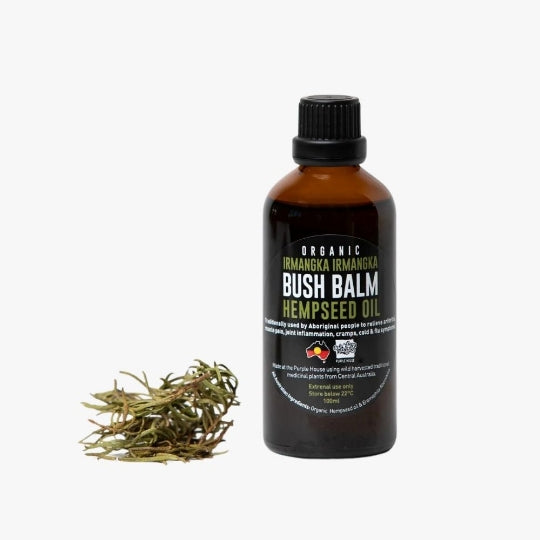
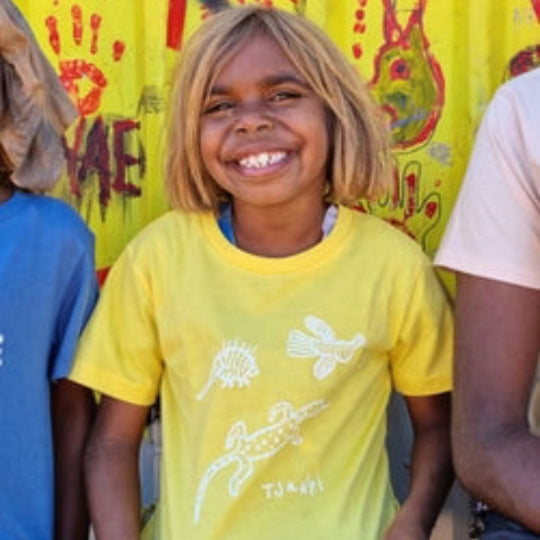
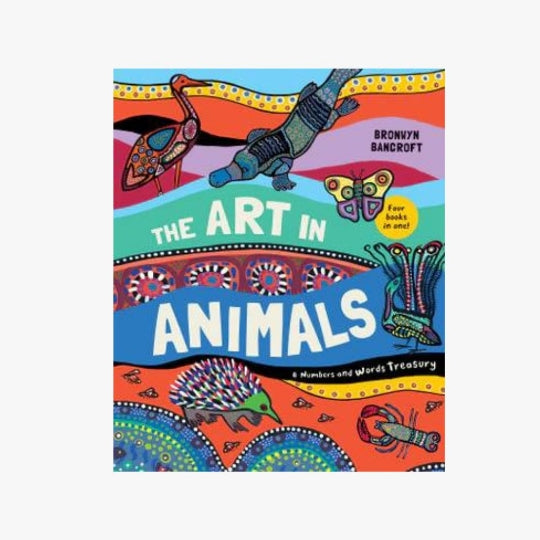

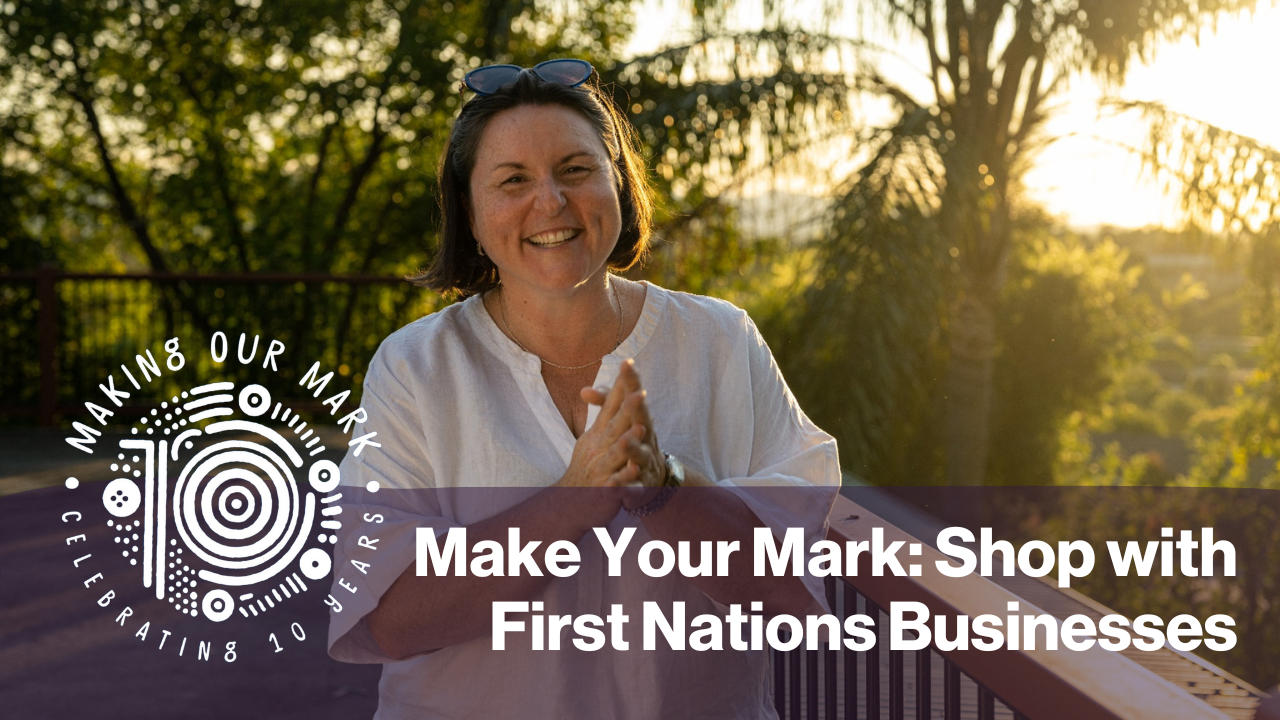
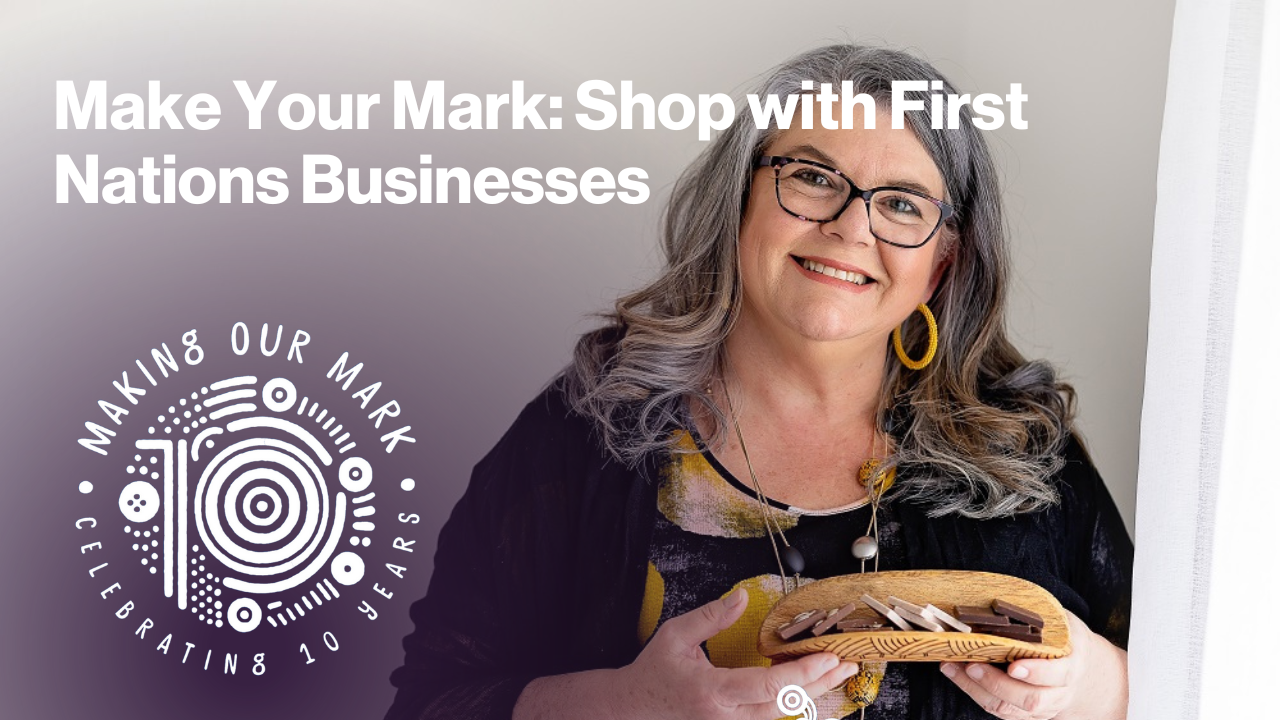
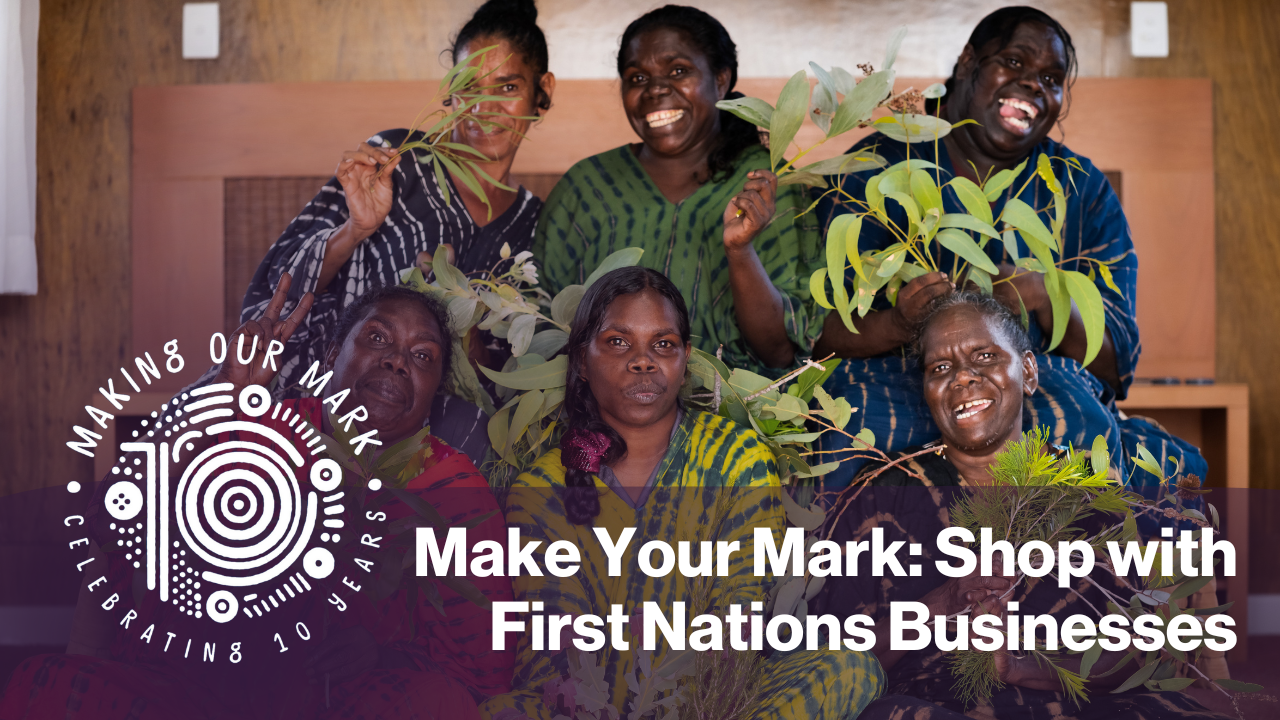

Leave a comment
This site is protected by hCaptcha and the hCaptcha Privacy Policy and Terms of Service apply.